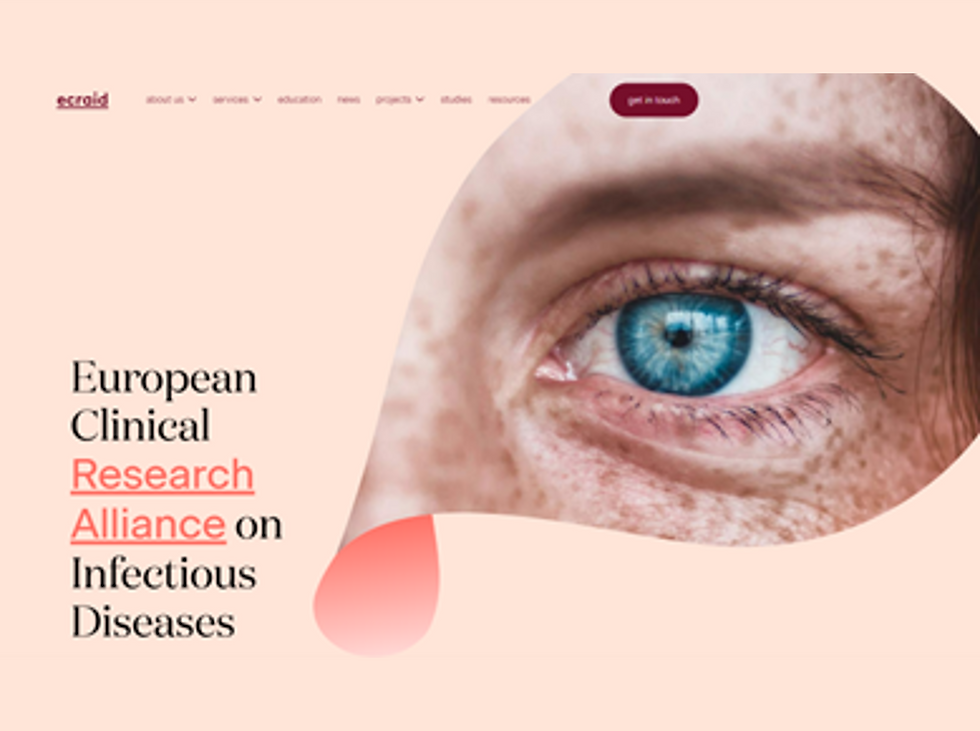PrIMAVeRa 1st annual meeting successfully held in a hybrid event in Verona on 29-30 November 2022
- europevaccine
- Nov 30, 2022
- 3 min read
Updated: Jan 10, 2023
30 November 2022
On 29-30 November 2022, following the World Antimicrobial Awareness Week 2022 (WAAW), The first annual meeting of the PrIMAVeRa project was held in a hybrid format at the Palazzo Paletta dai Prè in Verona, Italy. The meeting was attended by over 50 participants (thirty in-person). In addition, external experts joined the meeting, including a project officer from the Innovative Health Initiative (IHI), two members of the PrIMAVeRa Scientific Advisory Committee (SAC), and two representatives from the collaborative project – VITAL.
Acknowledging the urgent need to combat antimicrobial resistance (AMR), PrIMAVeRa partners are working toward developing an open-source, web-based platform combining an epidemiological repository with mathematical modelling. This tool will enable health authorities and policy makers to make data-driven decisions to prioritise the most promising new vaccines and monoclonal antibodies (mAbs).

Over the course of the meeting, the Consortium discussed the advancements made during the first year of the project, as well as next steps for the partners. During the first project year, the Consortium focused on literature search. Moreover, protocols for four systematic reviews were developed and uploaded to the International Prospective Register of Systematic Reviews (PROSPERO): 1) frequency measures of healthcare-associated infections and AMR), 2) AMR-associated health outcomes, 3) AMR-associated economic outcomes, and 4) existing mathematical models for AMR.
In addition, a protocol for a systematic review of grey literature focused on obtaining individual-level data was developed and registered in PROSPERO. Potential databases have been identified and contacted for the exchange of their data. The Consortium also selected the pathogen-infection combinations of interest, which is an important step for data gathering and model development.

Work package (WP) leaders and contributors were able to hold discussions on various topics that will influence the direction of tasks going forward into the second year of the project. A special session was held for a cross-WP discussion, allowing partners the opportunity to align on key details of data management and identify potential gaps requiring further discussion. Ph.D. students within the Consortium were also invited to give short presentations on their respective research. Additionally, a planning session was held for the WPs for whom work has not yet begun.
Remarkably, two keynote lectures were given. The first, titled ‘Vaccines and mAbs against AMR’ by Dr. Fabio Bagnoli (GSK) and the second, titled ‘Systematic review of vaccine effects on antibiotic use’ by Prof. Mical Paul (Rambam Health Care Campus and Technion – Israel Institute of Technology).
The Consortium further benefitted from the presence of the IHI Scientific Officer, Dr. Tek-Ang Lim, as well as of Dr. Alessandro Cassini and Prof. Mical Paul of the project’s SAC. Dr. Lim gave two presentations on IHI’s expectations of the project, and best practices for periodic reporting of the project to IHI, whereas, Dr. Cassini and Prof. Paul provided feedback on the progress made by consortium partners during the first year of the project. All expressed approval of the progress made thus far by project partners.
The PrIMAVeRa consortium is happy to mark this significant milestone of the project and looks forward to continued progress in the coming years.

This project has received funding from the Innovative Medicines Initiative 2 Joint Undertaking under grant agreement No 101034420. This Joint Undertaking receives support from the European Union’s Horizon 2020 research and innovation programme and EFPIA.
This communication reflects the author´s view and neither IMI nor the European Union, EFPIA, or any Associated Partners are responsible for any use that may be made of the information contained herein.



